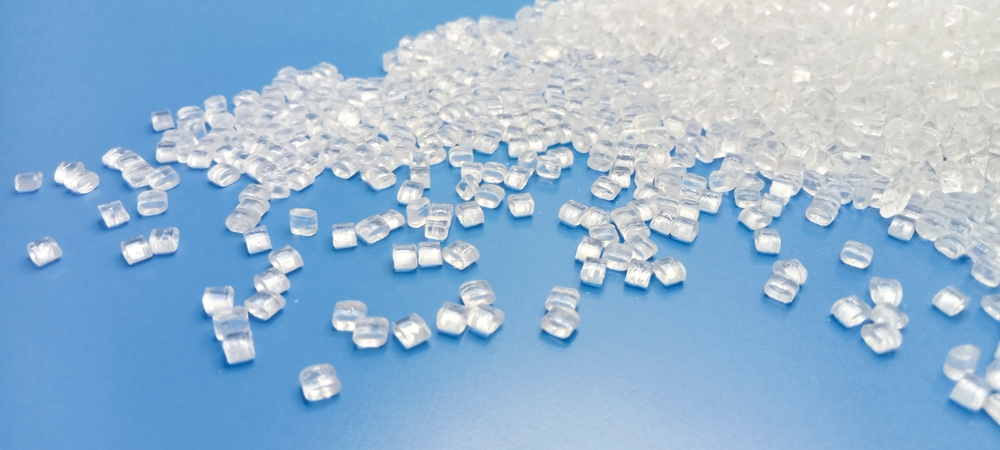Emerging Polymer Grades: Revolutionizing Manufacturing and Sustainability in 2025 and Beyond


The polymer industry is taking significant strides toward sustainability. By integrating recycled content and utilizing eco-friendly technologies, these upcoming grades align with global efforts to reduce carbon footprints. Key environmental benefits include:
At Somochem, we are committed to empowering manufacturers with the latest innovations in polymer raw materials. Our upcoming portfolio for 2025 and beyond reflects our dedication to delivering cost-effective, high-performance, and sustainable solutions. Together, we can drive growth while protecting the planet for future generations.
Stay tuned for more updates on these groundbreaking developments. For detailed information on our products and solutions, visit our product page.